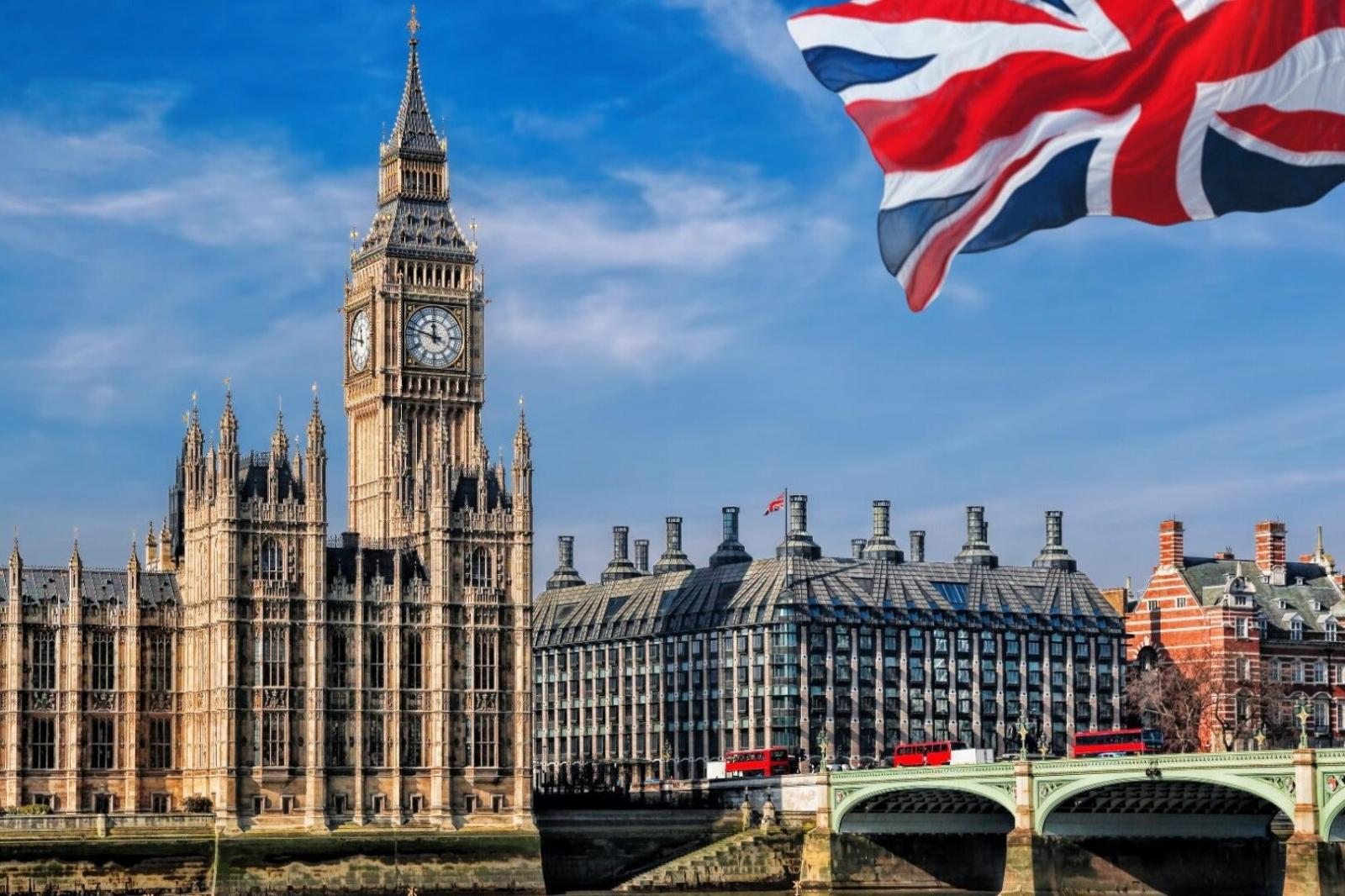The United Kingdom has fully lifted its decades-old arms embargo on Armenia and Azerbaijan, originally imposed in 1992, following what it described as “significant progress” in peace efforts between the two countries.
The decision was announced in a written statement to Parliament by UK Minister of State for Europe, North America and Overseas Territories Stephen Doughty. The announcement superseded the government’s previous communication of July 1, 2025, and formalized the end of restrictions first imposed in 1992 in response to the Artsakh (Nagorno-Karabakh) conflict.
In the statement published on October 13, Doughty said the decision came in response to the advancements achieved during the August 8 peace summit in Washington hosted by U.S. President Donald Trump. During that meeting, Armenia and Azerbaijan initialed a comprehensive peace agreement and signed a joint declaration committing to mutual recognition of sovereignty and territorial integrity.
Doughty described the peace process as a “pivotal moment” for regional stability and a foundation for long-term cooperation. He also announced that the UK has elevated its relations with both Armenia and Azerbaijan to the level of strategic partnership, encompassing trade, security, and defense cooperation. The new framework will be underpinned by annual ministerial-level meetings to review progress.
“Given the significant progress made in advancing peace, and the historic outcomes of the recent summit in Washington hosted by President Trump, the UK considers that the rationale underpinning the OSCE’s 1992 recommended arms embargo on ‘all deliveries of weapons and munitions to forces engaged in combat in the Nagorno-Karabakh area’ has fallen away,” Doughty stated.
The embargo was adopted in February 1992 in response to the armed conflict between Armenia and Azerbaijan over Artsakh (Nagorno-Karabakh). The Organization for Security and Co-operation in Europe (OSCE) requested its participating states to impose an embargo on arms deliveries to forces engaged in combat in the area.
Despite its voluntary nature, most member states adhered to the embargo throughout the conflict, with Armenia primarily receiving weapons from Russia and Azerbaijan purchasing arms from Russia, Turkey, and Israel.
Doughty added that the UK has taken immediate steps to support Armenia and Azerbaijan on their path toward peace, including welcoming the closure of the OSCE Minsk Group in line with their request. The UK noted the consensus reached on September 1, 2025, to formally dissolve the OSCE Minsk Group structures.
According to the minister, the lifting of the embargo aims to bolster both countries’ ability to safeguard their sovereignty and territorial integrity against conventional and hybrid threats. However, he emphasized that all arms export and trade license applications will continue to be reviewed on a case-by-case basis under the UK’s Strategic Export Licensing Criteria, and any applications inconsistent with these rules will be refused.
Doughty noted that during his visits to Yerevan and Baku from August 24 to 26, he discussed practical steps with both governments to strengthen regional stability and security in the South Caucasus.
During his meetings in Yerevan with Prime Minister Nikol Pashinyan and senior foreign ministry officials on August 26, 2025, the two sides agreed to upgrade Armenian-British relations to a strategic partnership.
He stated that the UK will continue to monitor the regional and internal security situations in both countries and remains ready to work with Armenia, Azerbaijan, the United States, the European Union, and other international partners to consolidate peace and stability in the South Caucasus.
The visit demonstrated the United Kingdom’s commitment to strengthening ties with Armenia as it continues to diversify its international partnerships.


